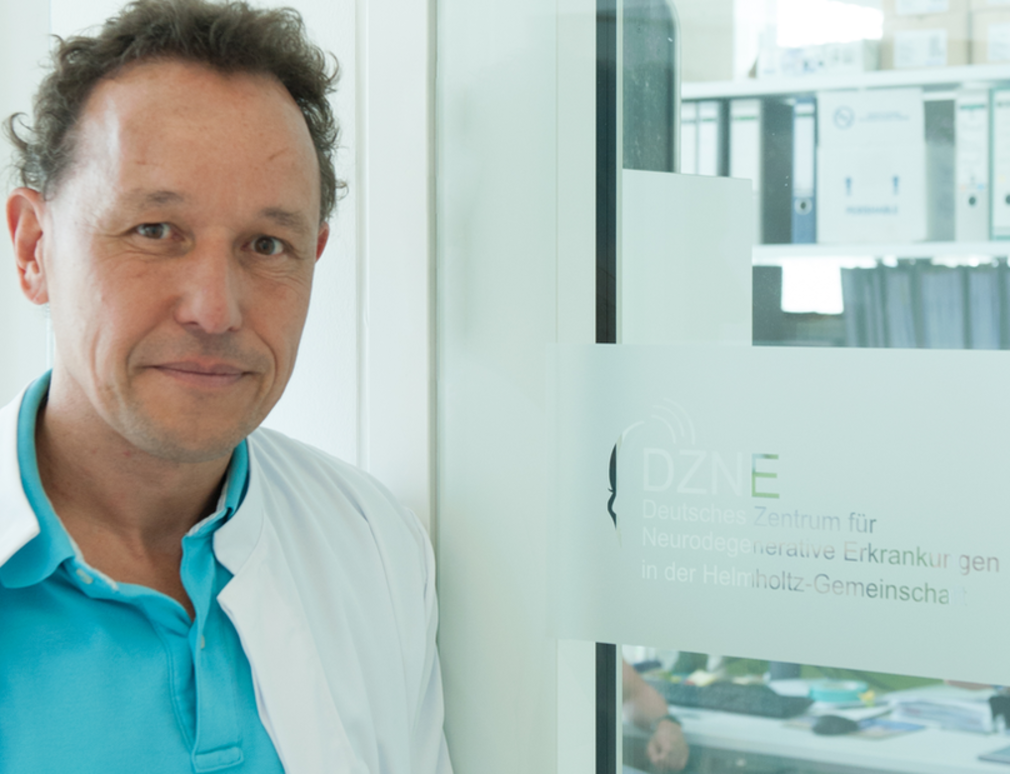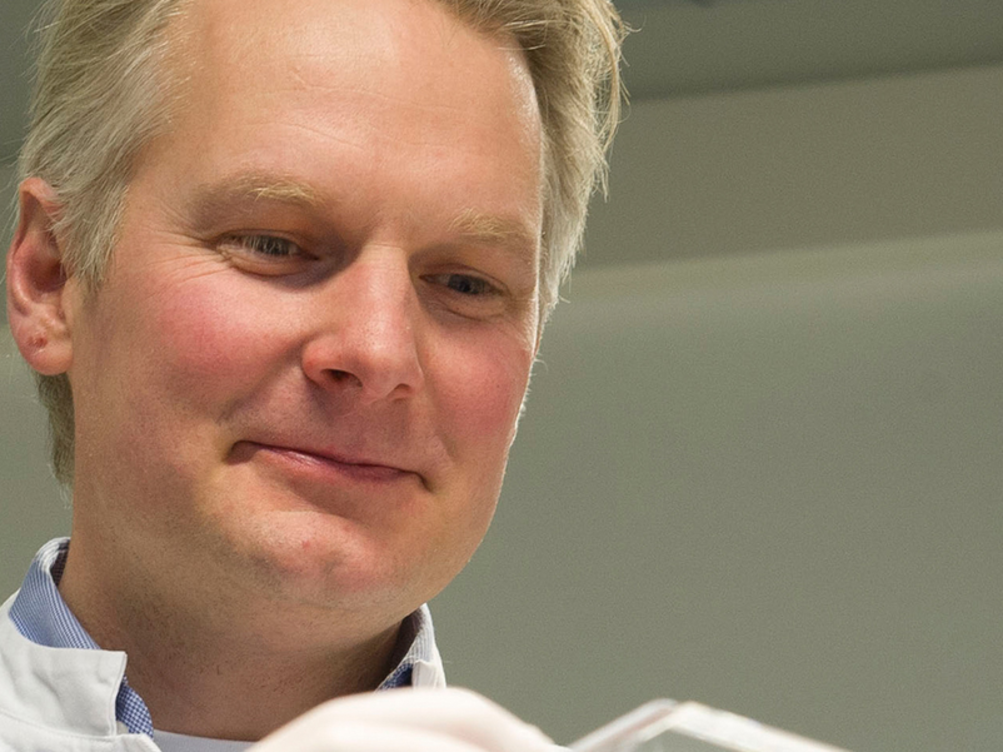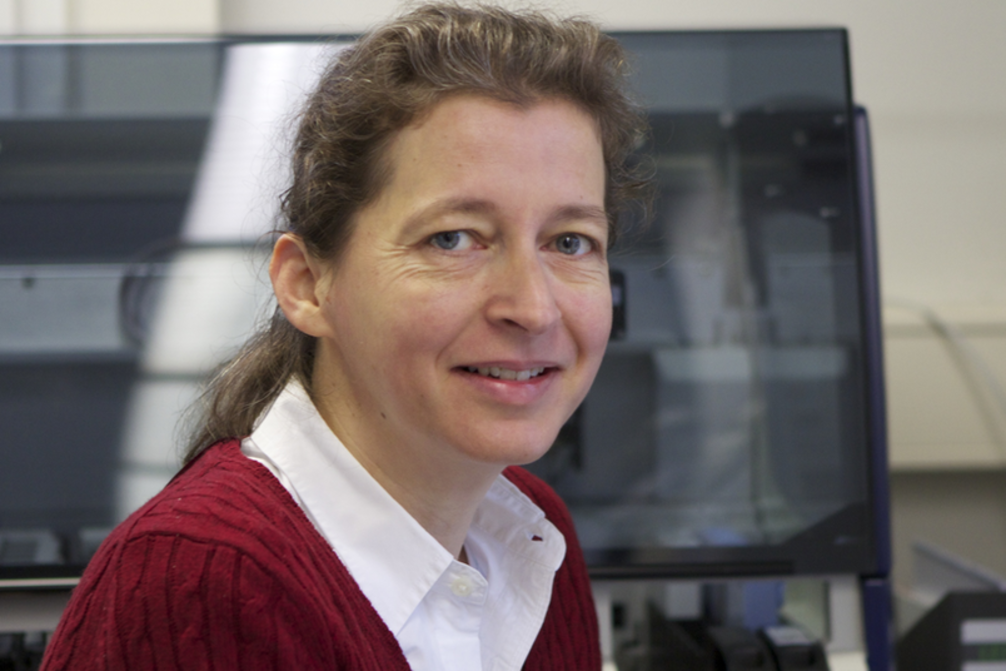DZNE Scientists Among the Most Highly Cited Researchers
Several DZNE scientists are listed in “Highly Cited Researchers 2018” and can thus be considered to be among the most influential researchers in their respective fields. The listing, which covers 22 research areas and about 6,000 scientists world-wide, was compiled by Clarivate Analytics, a company specialized in the analysis of scholarly publications. The survey is based on scientific papers published during 2006 - 2016 that rank in the top one percent of the most often cited publications.
The list (https://hcr.clarivate.com) is compiled annually. This year it includes these DZNE scientists:
Prof. Monique M. B. Breteler, director of the DZNE’s Population Health Sciences and a neuroepidemiologist with a special interest in age-related neurodegenerative and cerebrovascular diseases. Breteler heads the DZNE’s “Rhineland Study”, a prospective cohort study that investigates how protective and risk factors influence the health of adults up to old age. The “Rhineland Study” intends to involve up to 30,000 individuals from the Bonn area and study their health development over decades. “Through the Rhineland Study we want to pave the way for an individualized prevention of Alzheimer’s and other diseases that mostly manifest at advanced age. In other words: our research aims to contribute to a healthy aging,” Breteler says.
Prof. Thomas Gasser, a specialist for Parkinson’s disease. Gasser heads clinical research at the DZNE’s Tübingen site and is Chairman of the board of directors of the Hertie Institute for Clinical Brain Research. His main areas of research are the genetic and molecular basis of Parkinson’s. “Some genetic mutations may cause Parkinson’s, but in the majority of cases the triggers of disease are unknown. We therefore aim to identify causes of disease and also define biomarkers to predict how the disease will progress,” Gasser says.
Prof. Christian Haass, an expert for the mechanisms of Alzheimer’s disease. Haass is the Speaker of the DZNE’s Munich site and a professor at the Ludwig-Maximilians-University of Munich. This year, he received the “Brain Prize” of the Danish Lundbeck Foundation, which is the world’s most prestigious award for brain research. His research focuses on the role of amyloid proteins and inflammation in Alzheimer’s. “We are investigating ways to strengthen the brain’s immune system. The brain’s defense cells, the so-called microglia, play an important role in this,” Haass says.
Prof. Eicke Latz, a specialist in immunology. Latz is a senior researcher at the DZNE’s Bonn site and Director of the Institute of Innate Immunity at the University of Bonn. This year, he received the “Leibniz Prize“, which is the most important research award in Germany. Latz is especially interested in the NLRP3 inflammasome, a multiprotein complex involved in diseases such as diabetes and Alzheimer’s. “The inflammasome is a receptor of the brain’s innate immune system that responds to a wide range of endogenous substances, such as protein deposits tied to Alzheimer’s. Our studies suggest that the inflammasome could potentially be a target molecule for novel types of therapies against Alzheimer’s,” he says.
Prof. Manuela Neumann, an expert for the molecular mechanisms of frontotemporal lobar degeneration (FTLD) and amyotrophic lateral sclerosis (ALS). She is a senior scientist at the DZNE’s Tübingen site and a professor at the University of Tübingen. Neumann’s research focuses on abnormal protein aggregates and common mechanisms shared by FTLD and ALS. “FTLD and ALS have different symptoms and affect different areas of the nervous system. However, research in recent years has shown that these diseases actually share common mechanisms. To advance understanding of these processes, we do laboratory studies and investigate brain tissue from deceased patients”, Neumann says.





